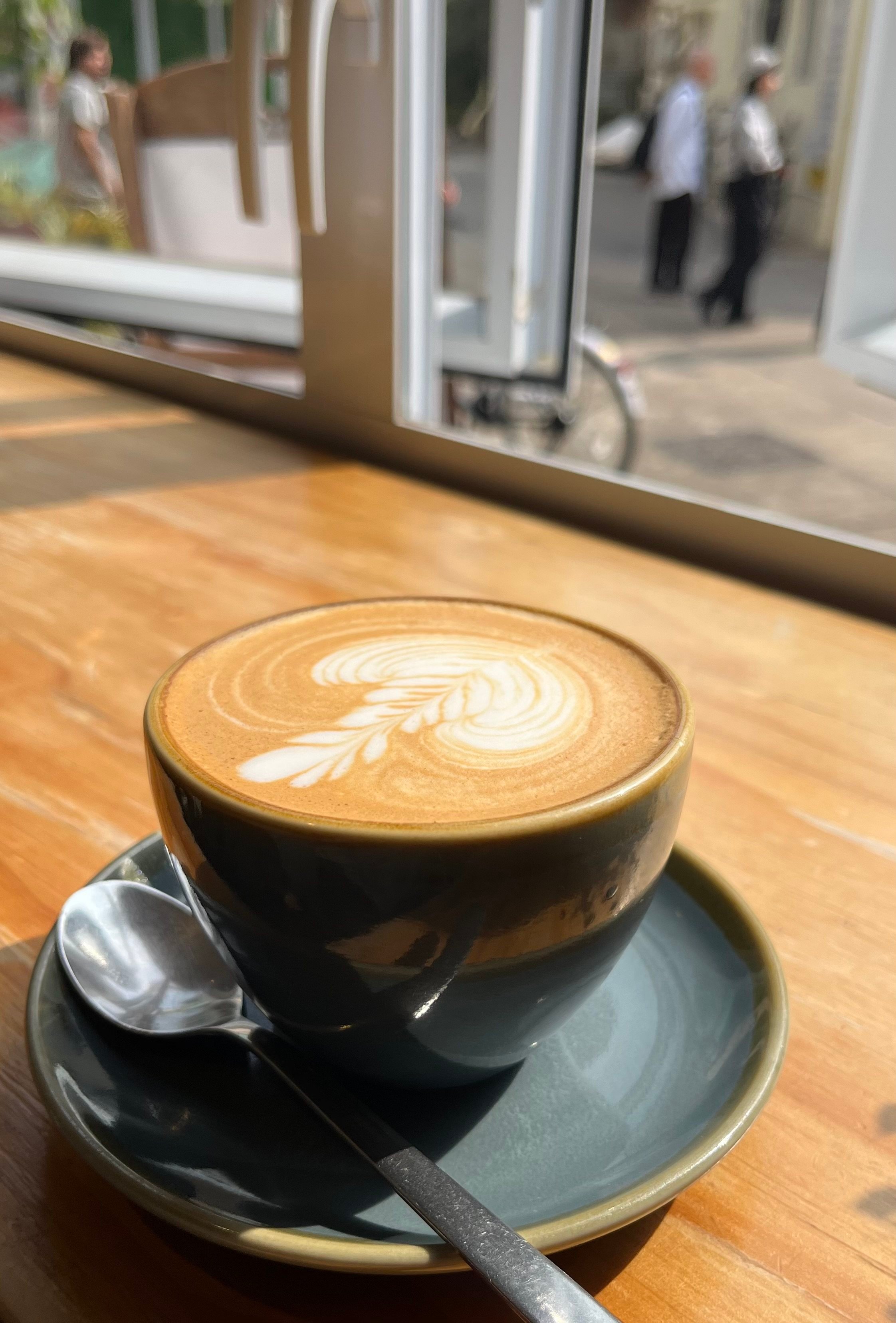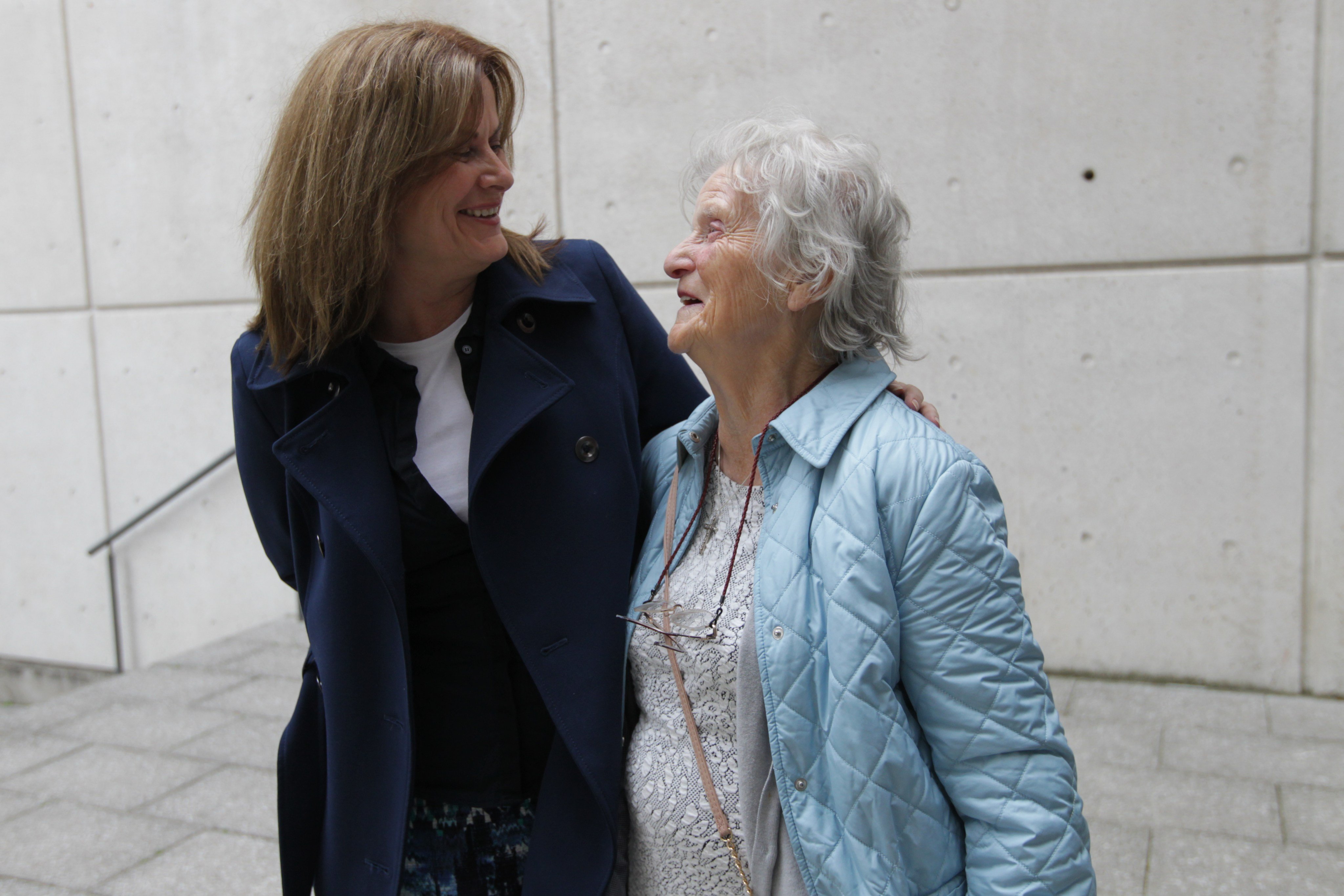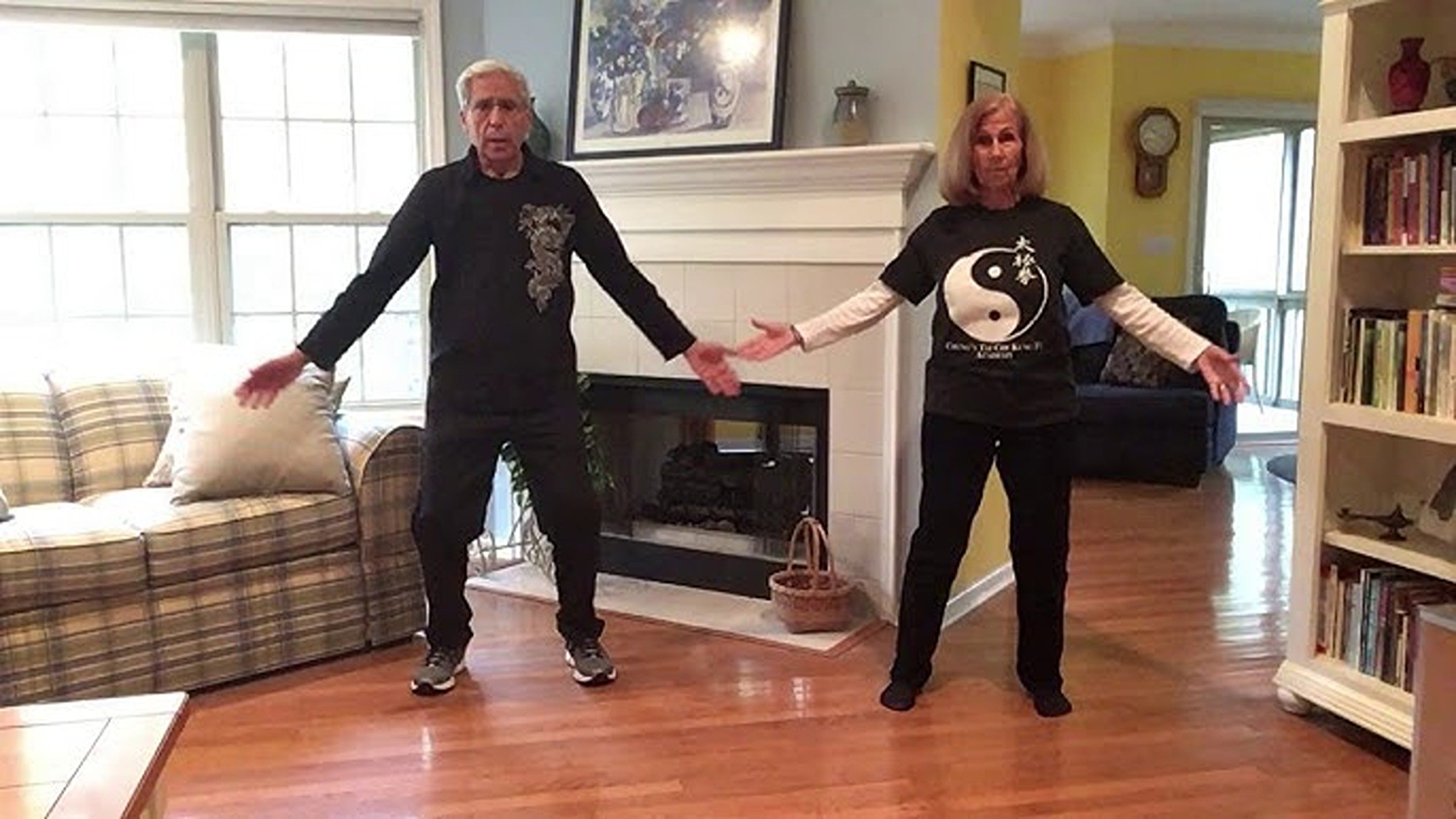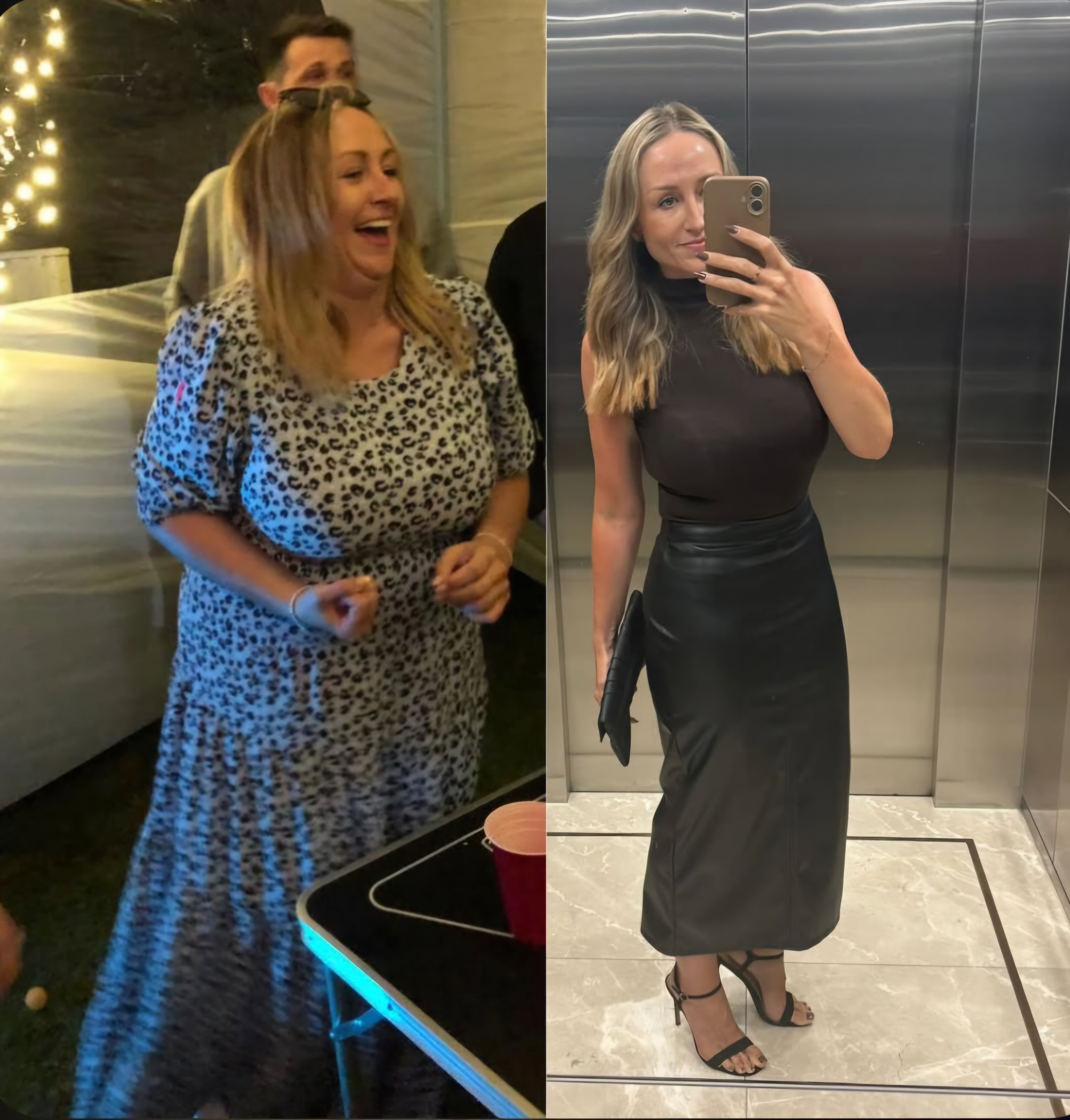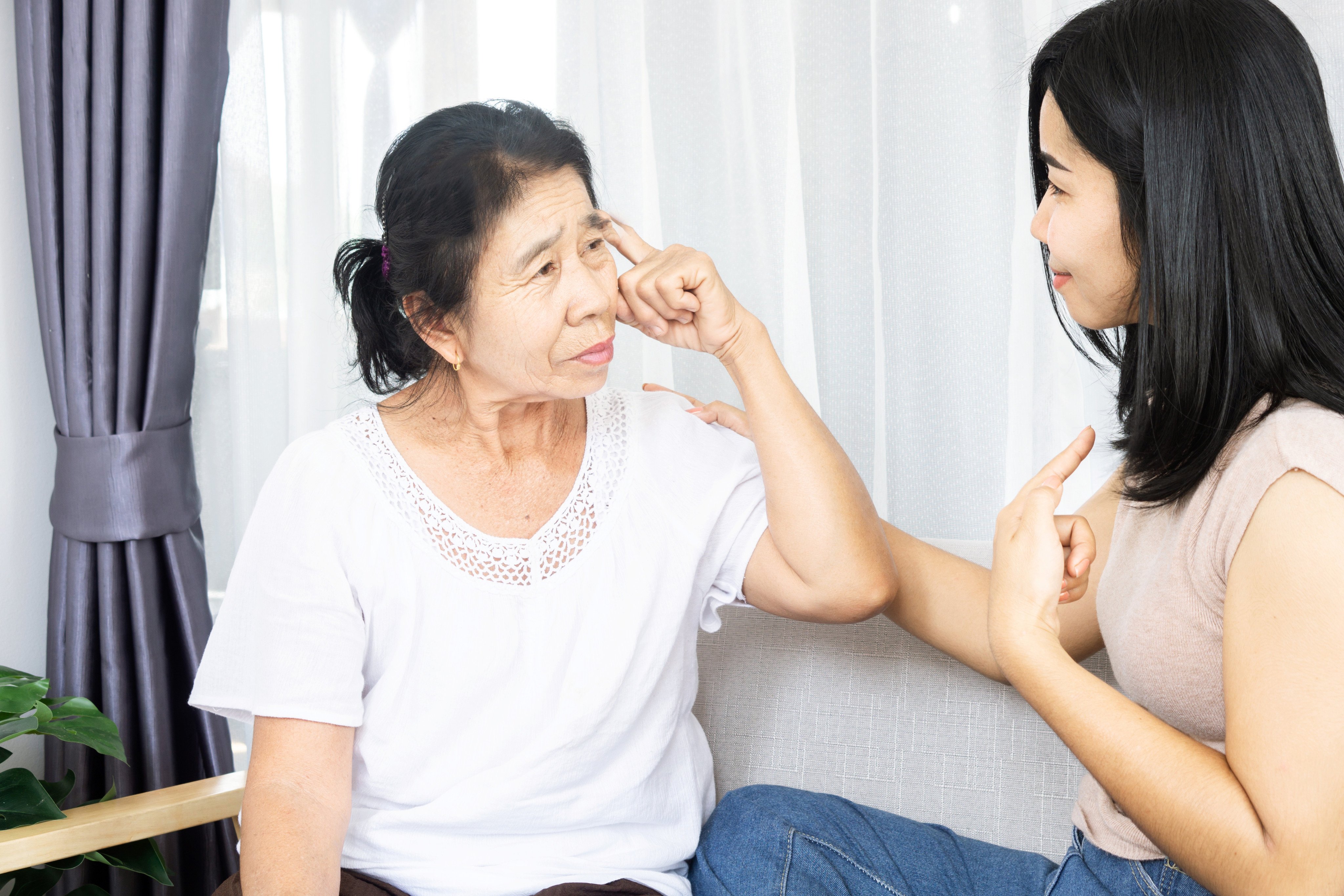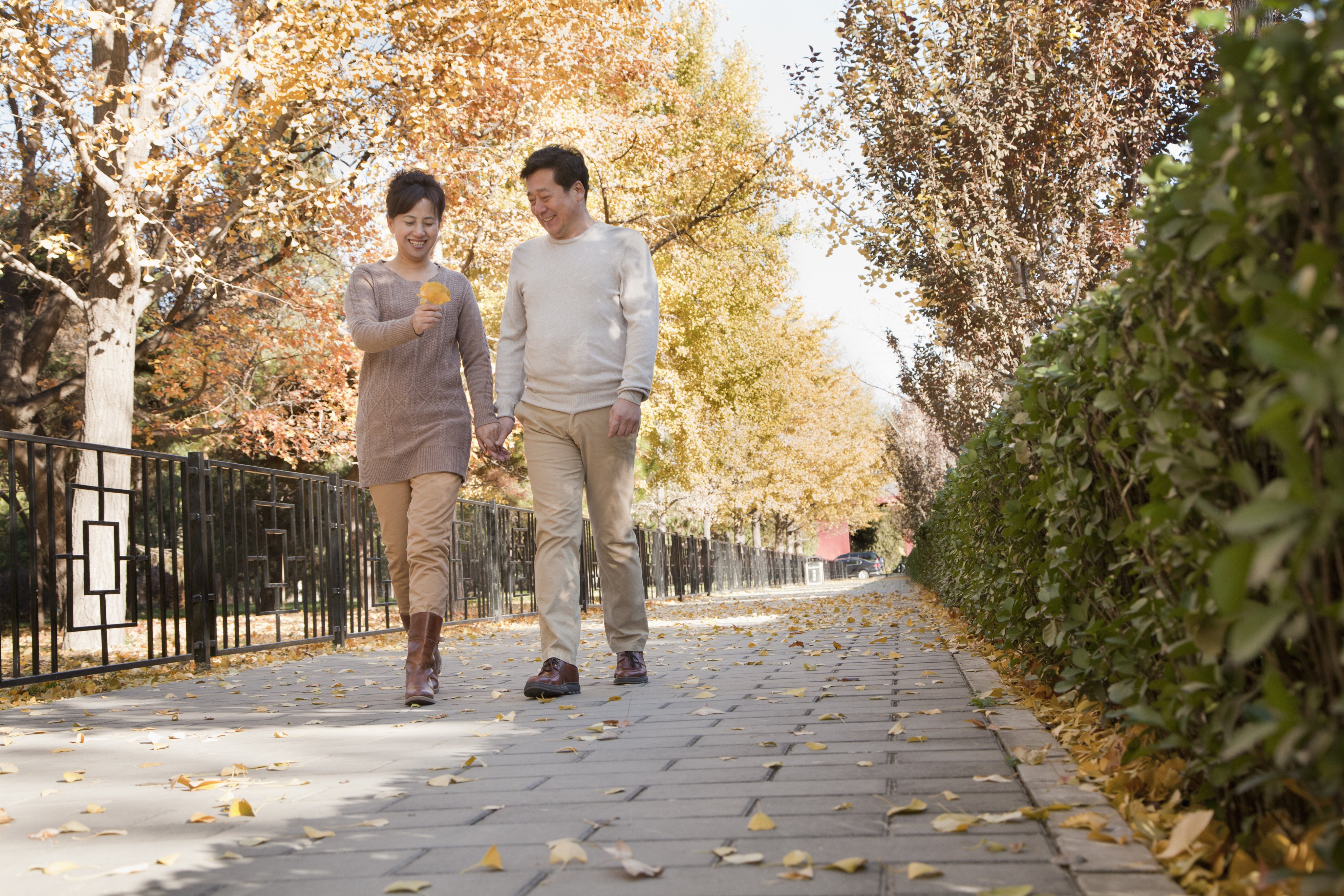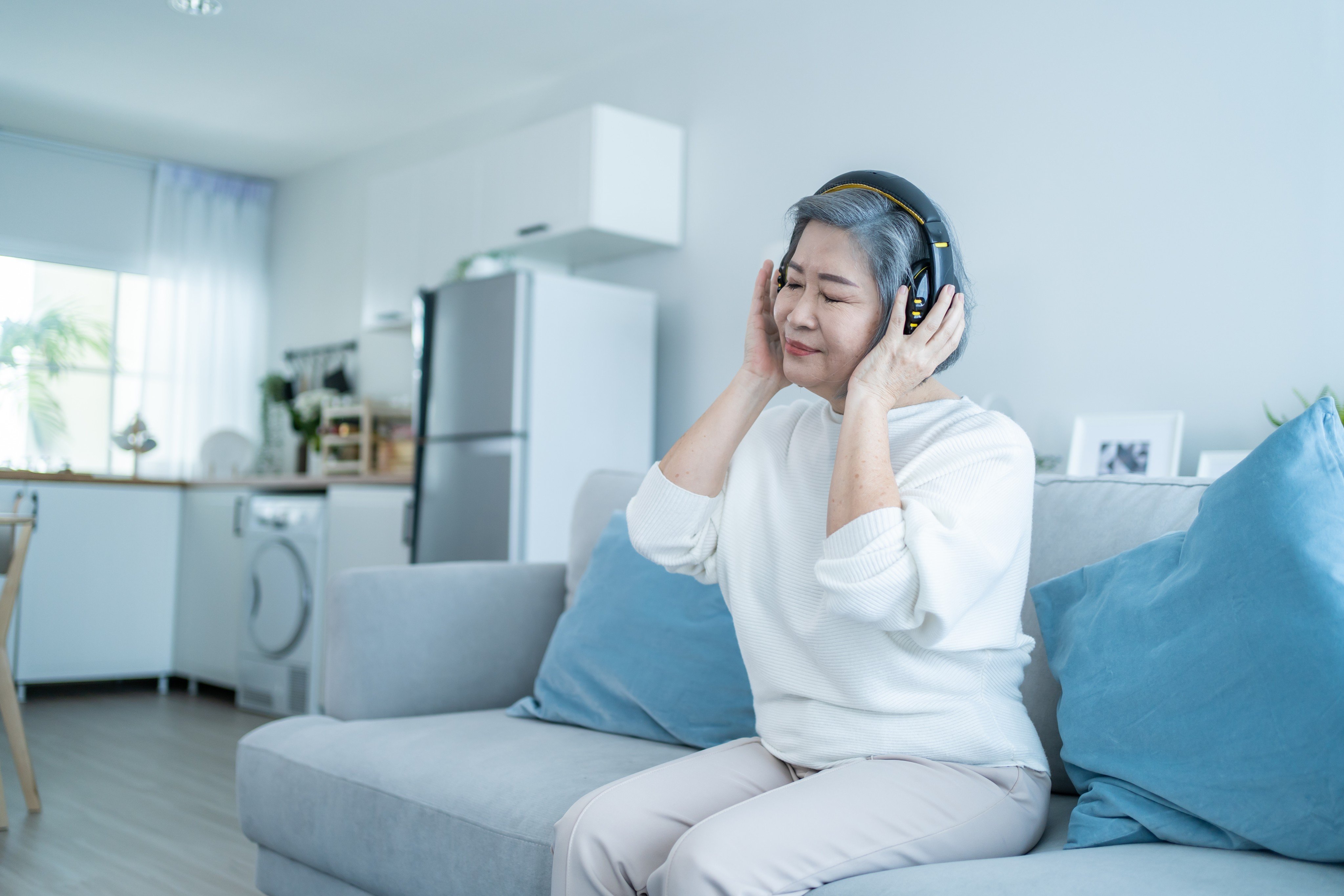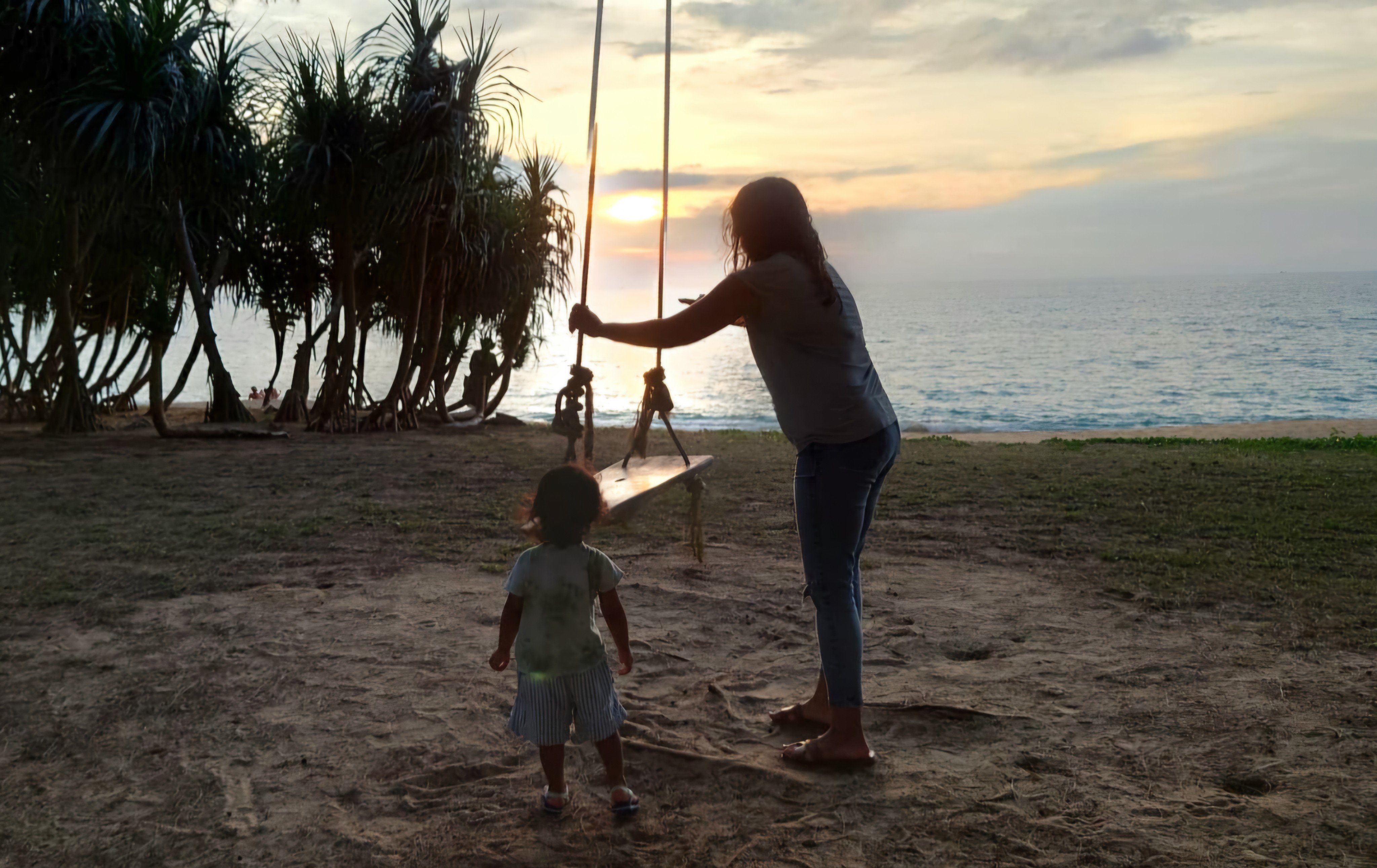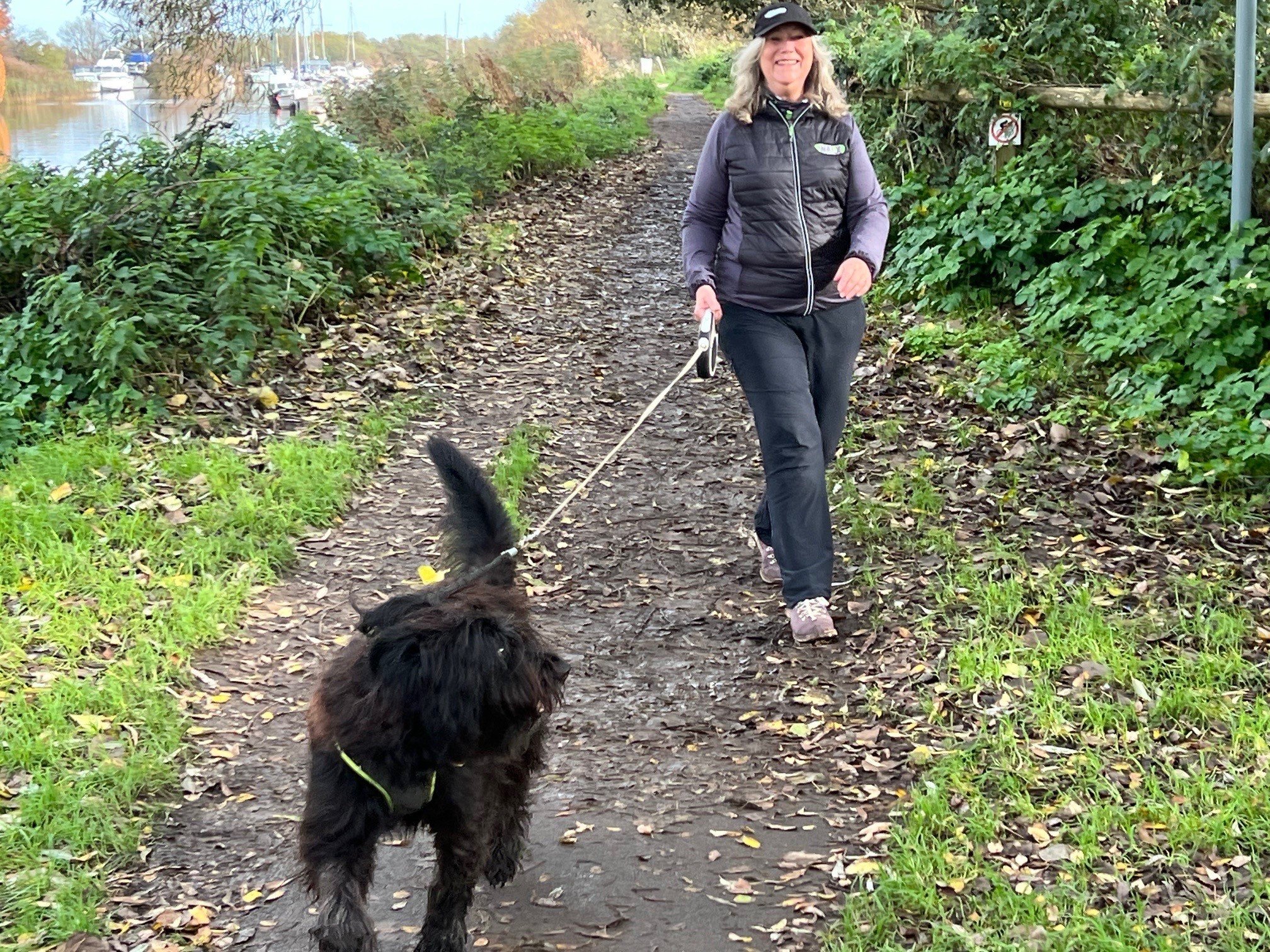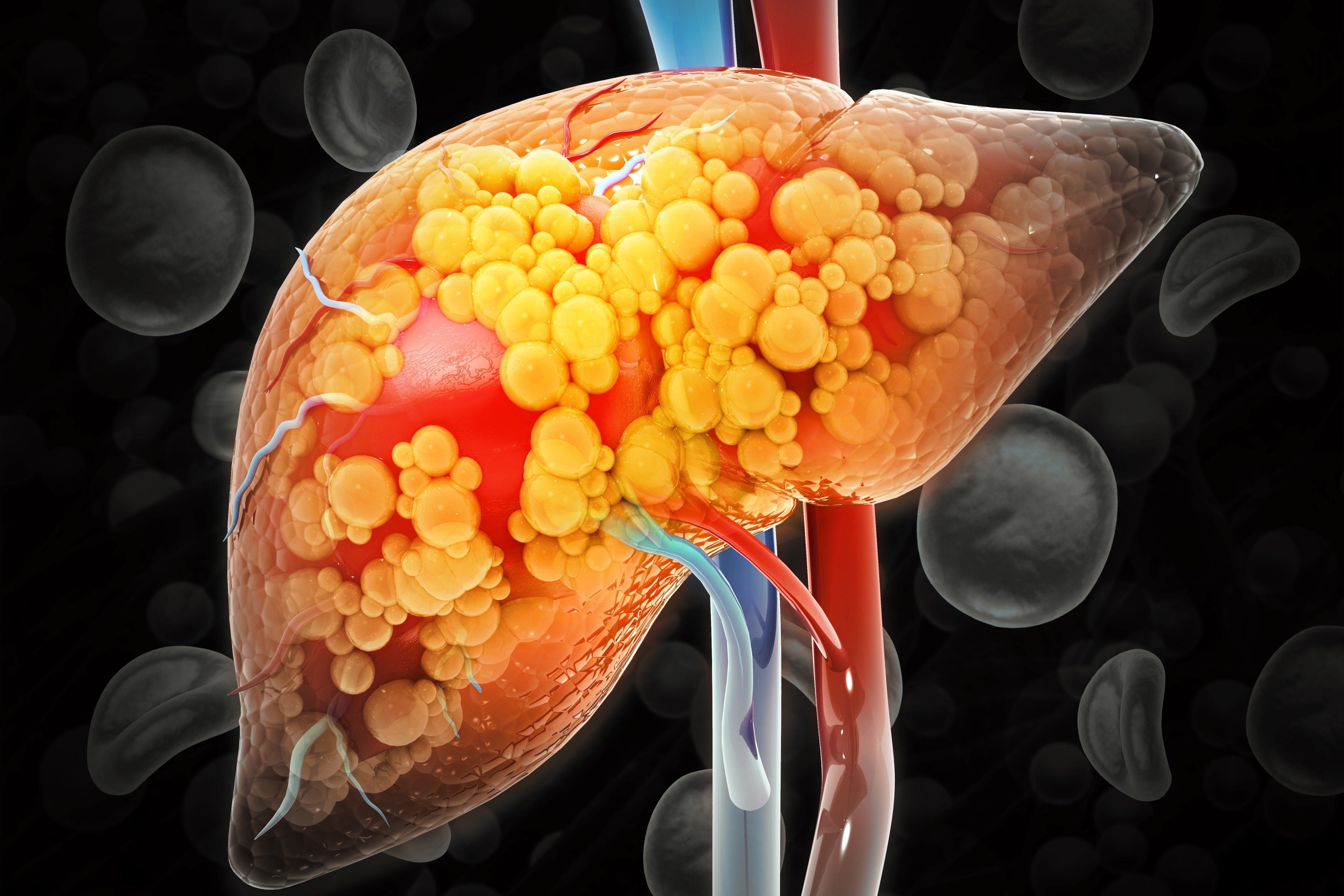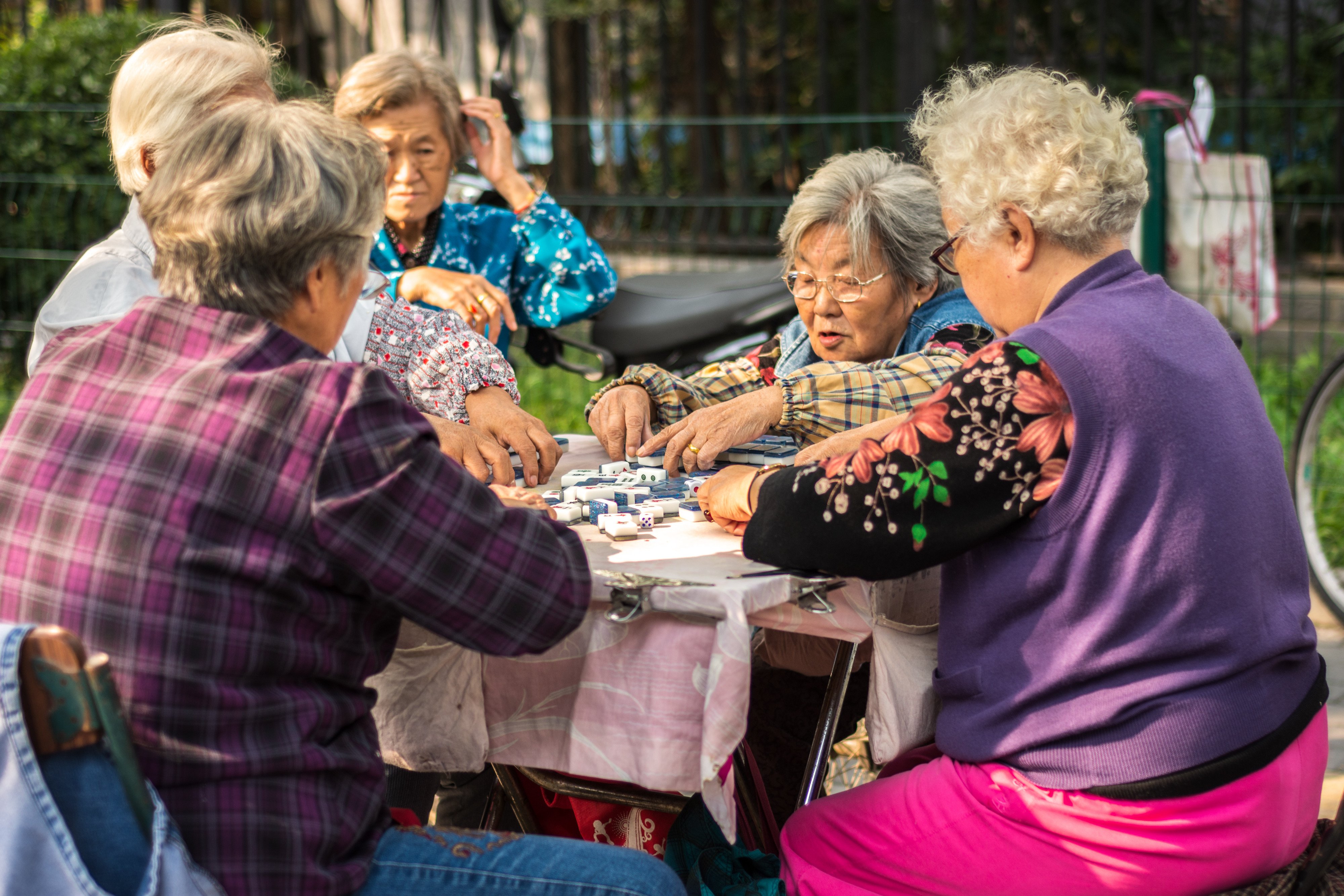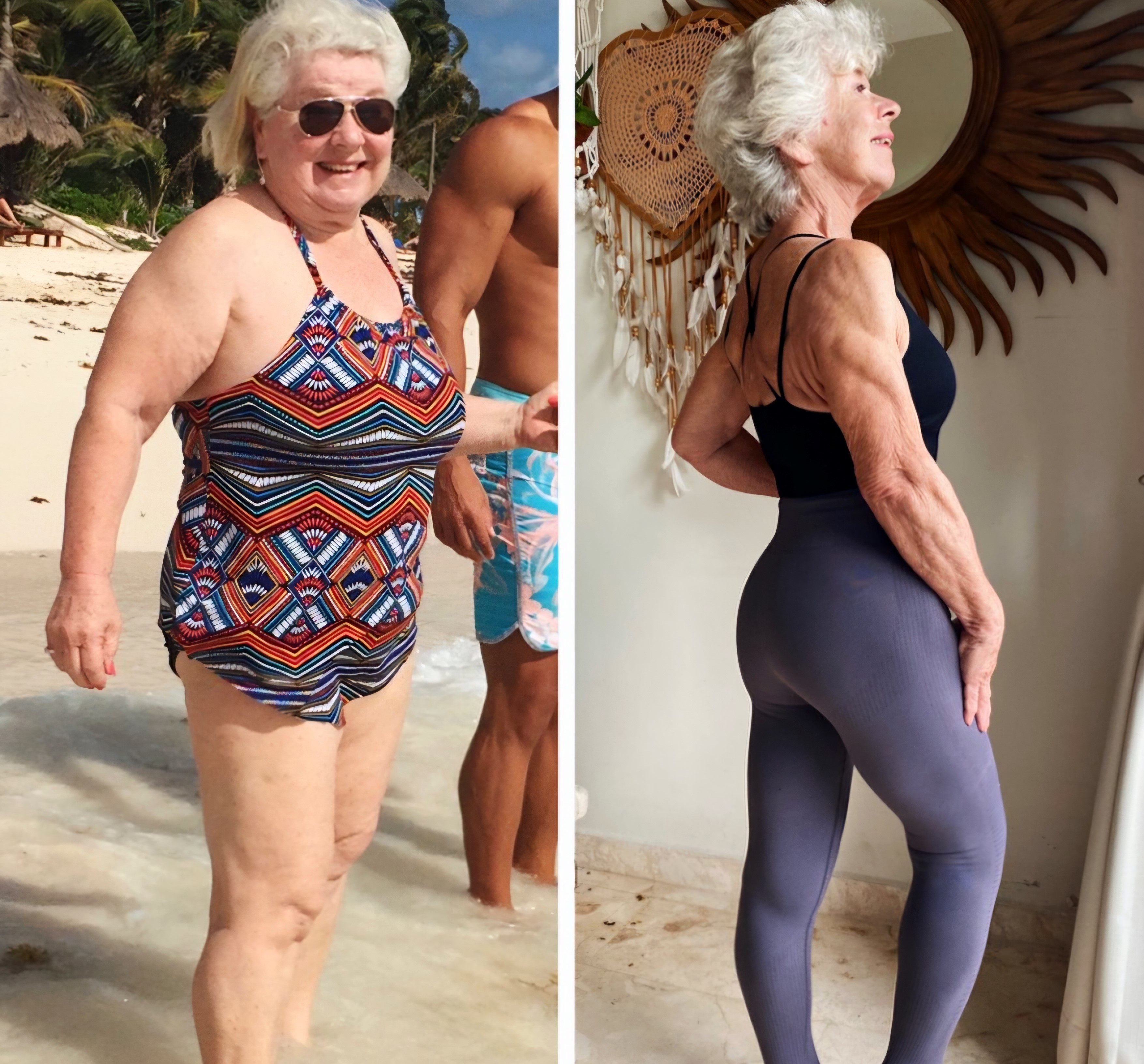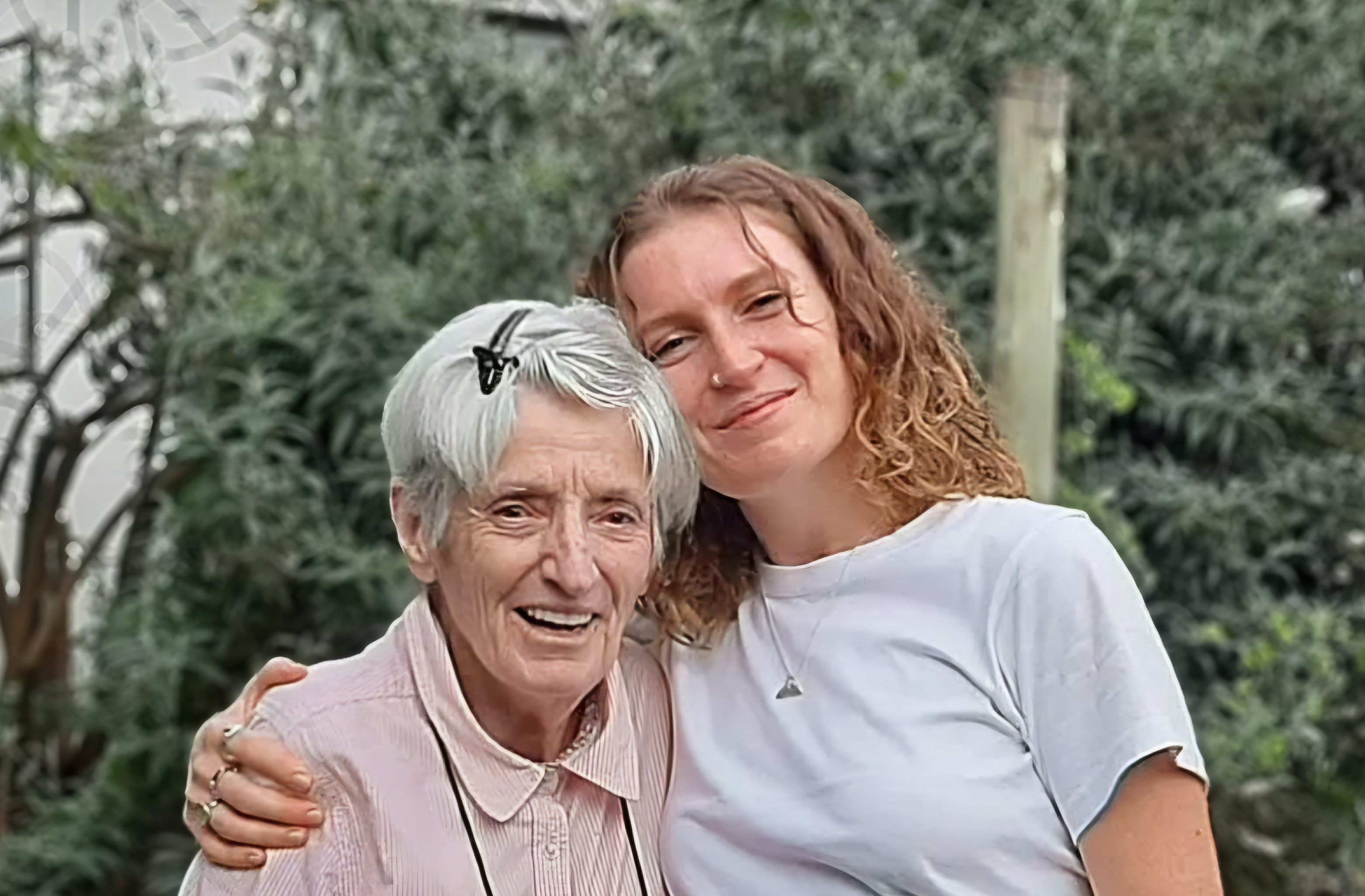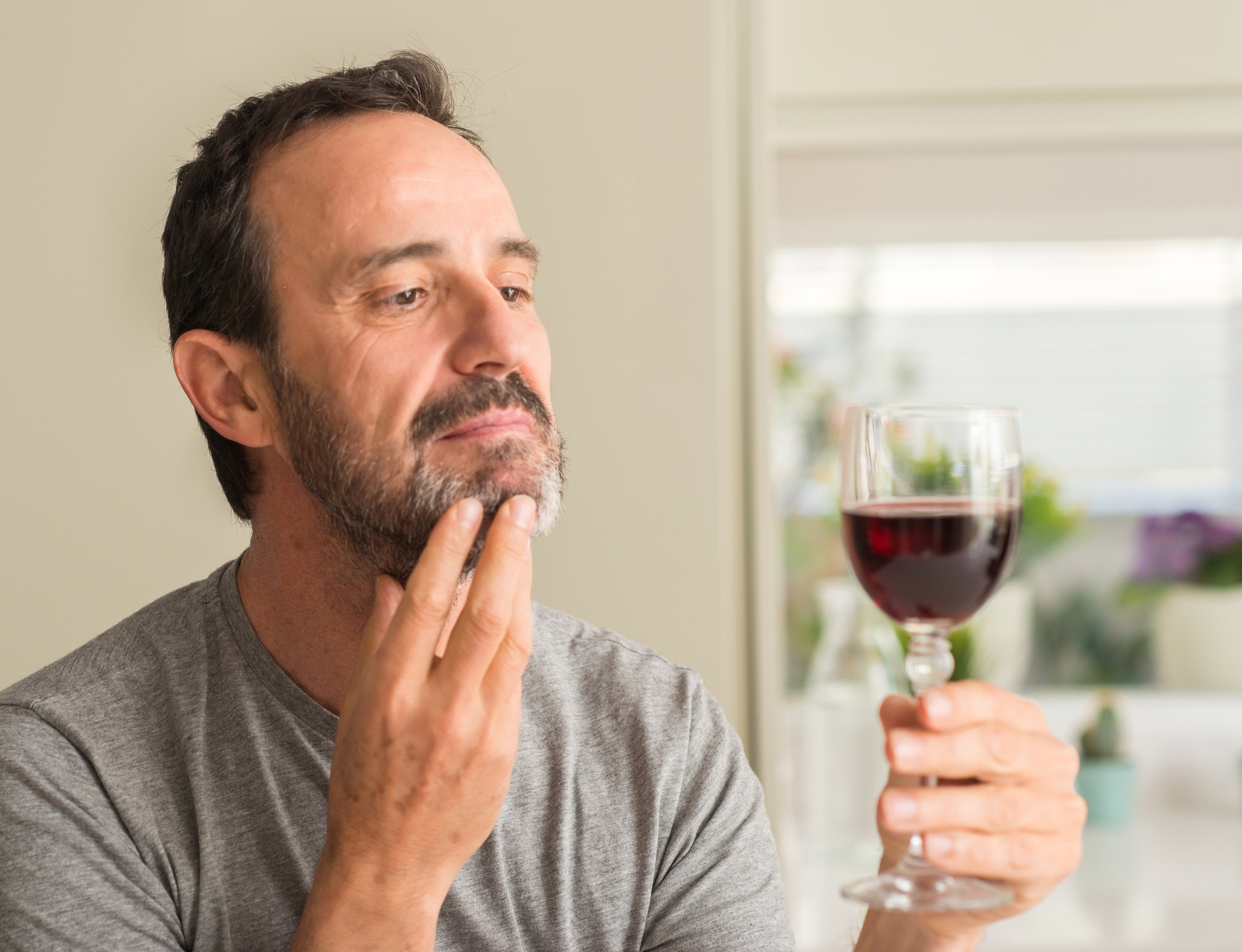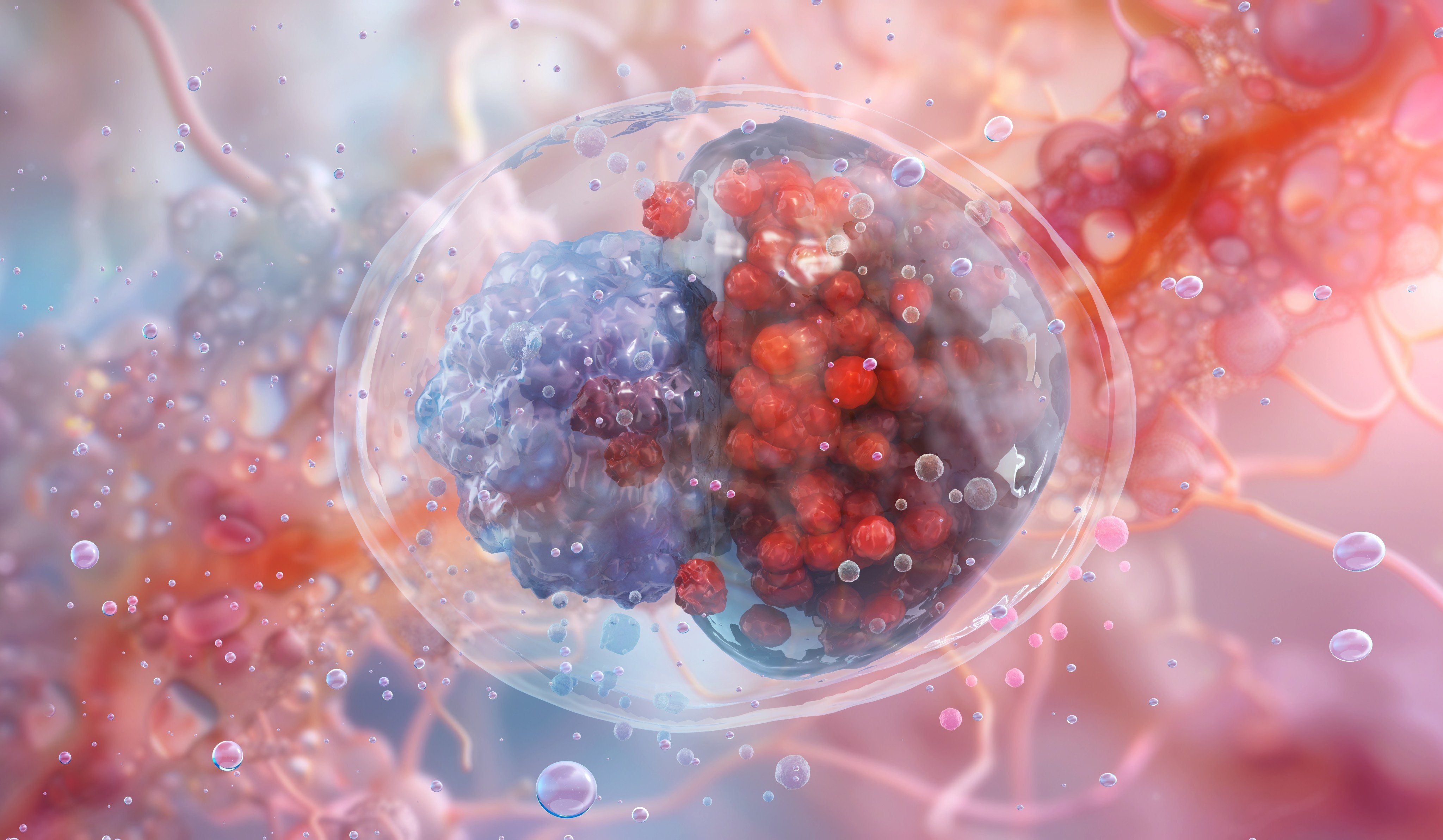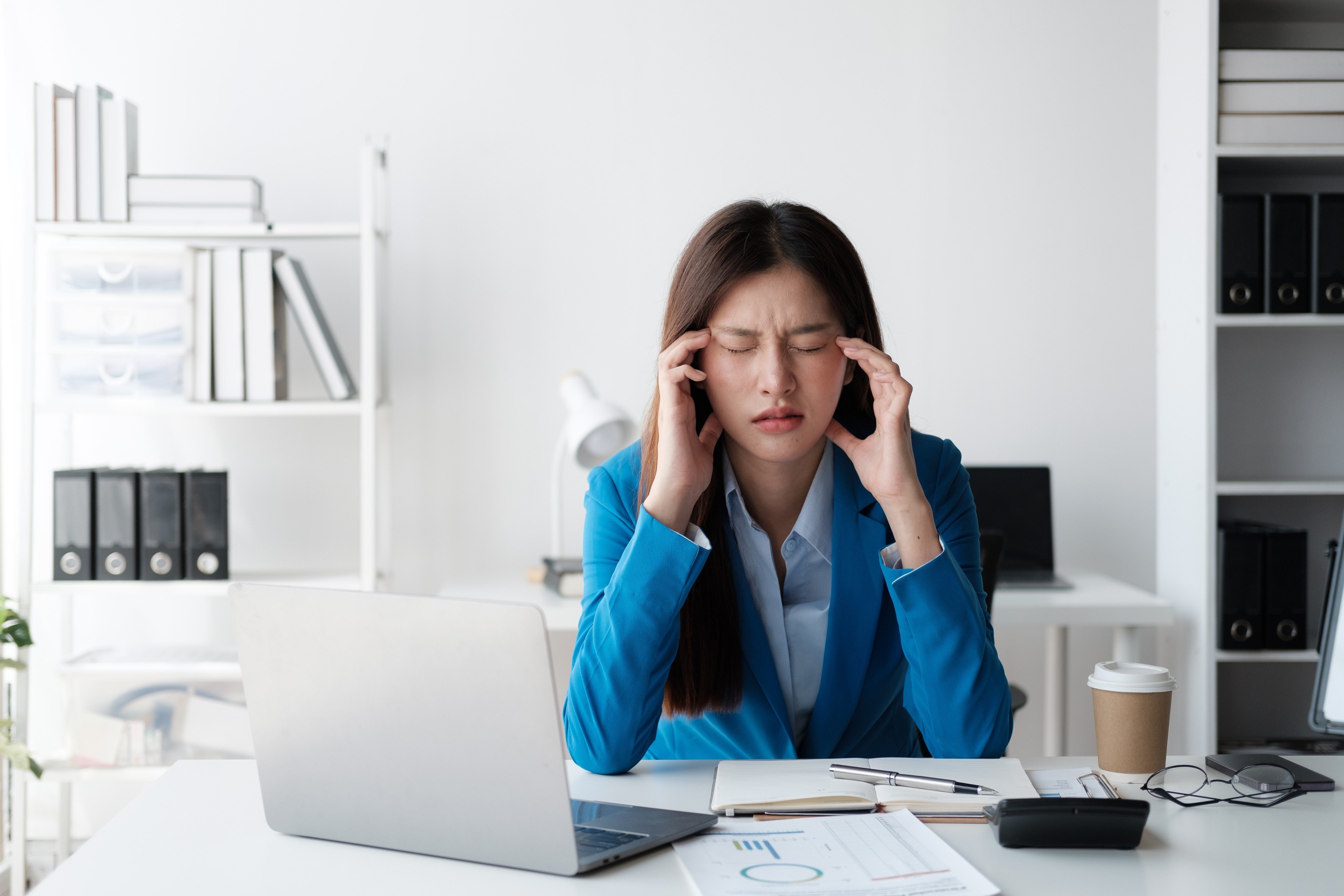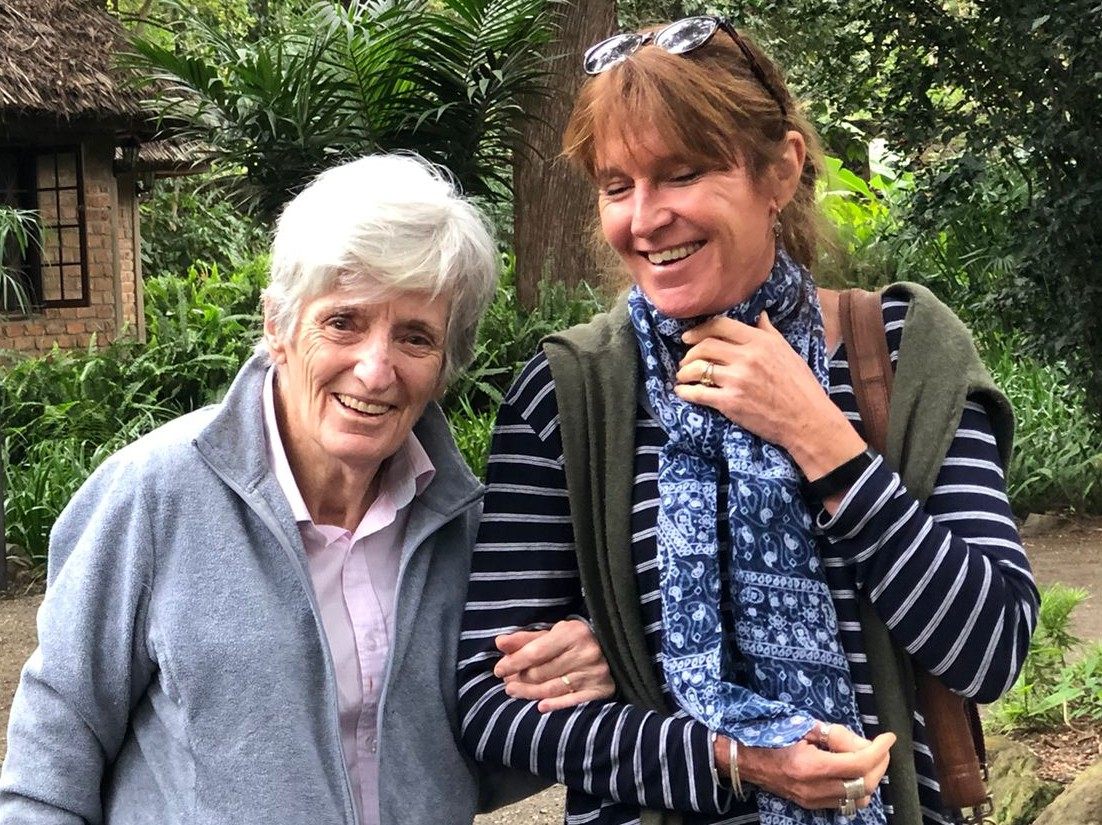Advertisement
Advertisement

Anthea Rowan
SCMP contributor
Anthea Rowan has written for papers and magazines on almost every continent and on a huge variety of subjects, from travel in Africa to mental illness in the States to education in Europe. Her work has appeared in The Times in London, the Washington Post in America and regularly in the South China Morning Post. She is the author of A Silent Tsunami: Swimming Against the Tide of My Mother’s Dementia.
Anthea Rowan has written for papers and magazines on almost every continent and on a huge variety of subjects, from travel in Africa to mental illness in the States to education in Europe. Her work has appeared in The Times in London, the Washington Post in America and regularly in the South China Morning Post. She is the author of A Silent Tsunami: Swimming Against the Tide of My Mother’s Dementia.
Study finds speed-based brain training better than memory or reasoning training in reducing risk of Alzheimer’s disease and related dementia.
Fat is vital, but it must be the right sort. Experts explain why that is, what the best foods to eat are, and how many grams you should eat.
Studies show that drinking coffee comes with a range of health benefits. We look at what they are and how much is best to drink.
Experts say dementia patients often lose the ability to communicate, but the metaphors they use can help carers better understand them.
Advertisement
Bob and Fran German share how going vegan changed their lives and helps them keep fit, healthy, full of energy – and sniffle-free.
Ex-drinkers and sobriety experts explain how life is better and healthier without drinking as many attempt the same during Dry January.
Blocked glymphatic channels, part of the brain’s waste-cleaning network, could be an early Alzheimer’s marker, Singaporean researchers find.
Often seen negatively, boredom is crucial for creativity and growth – so stop turning to your phone when you feel it coming on, experts say.
Maintaining good oral hygiene, regular exercise and increasing your social interactions can help prevent or delay the onset of dementia.
Bill Gifford shares diet, exercise and lifestyle tips on how to live to 100 and older, like Ethel Caterham, the world’s oldest person at 116.
‘If you take 100 steps after each meal, you’ll live to 99,’ an ancient Chinese proverb says. Here is why a post-meal walk is so beneficial.
Diet experts weigh in on healthy festive eating to avoid weight gain, from foods with nutritional ‘superpowers’ to alternatives to sugar.
Research shows how listening to music can both lower dementia risk and improve cognitive areas like memory, attention and problem-solving.
A battle with cancer, a new baby and an alcoholic husband tested high-flying executive Asha’s ability to cope with stress.
A new study suggests that walking’s potential benefits in slowing cognitive decline and Alzheimer’s may begin well below 10,000 steps a day.
Previously known as non-alcoholic fatty liver disease, MASLD is trending upwards as obesity levels rise, but it can affect lean people too.
Experts say factors from evolution to peer pressure lead men and boys to flirt with danger. But some risk-taking is crucial.
Intrinsic Capacity focuses on what people can and cannot do as they get older to help them make lifestyle changes to offset weaknesses.
Eye movement desensitisation and reprocessing (EMDR) therapy helps the brain process negative thoughts and memories to reduce their impact.
Poor mental health is on the increase and many men are afraid to talk about it or seek help. Movember encourages troubled men to open up.
Two separate studies have found that having meaning in your life can lower dementia risk by 19 per cent and 28 per cent, respectively.
The plant-focused Green Mediterranean diet delivers even more brain benefits than the regular Mediterranean diet, experts say.
Resistance training helped Joan MacDonald drop her weight and massively reduce her risk of osteoporosis and breaking bones.
Sports were crucial for Emery Fung when he struggled with body dysmorphia. A sports psychologist explains just how far their benefits can go.
A human library in Hong Kong aims to raise awareness of mental issues through ‘human books’ – speakers who represent marginalised groups.
On World Mental Health Day, Anthea Rowan considers the ways treatments and attitudes have changed in the last half a century.
A sobering new report challenges previous suggestions that light to moderate drinking may have a protective effect against dementia.
Chlamydia, a sexually transmitted infection, is the most common STI in Hong Kong and can persist undetected for months or years.
Ahead of World Heart Day, we look at why mental health issues are a new major risk for heart disease, and promising treatment developments.
On World Alzheimer’s Day, Anthea Rowan shares dementia truths gleaned from caring for her mum and years of research and speaking to experts.
Related Topic
Wellness

